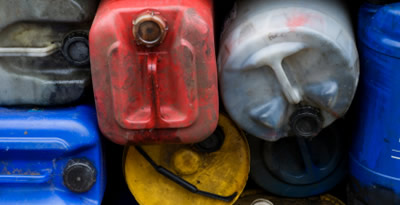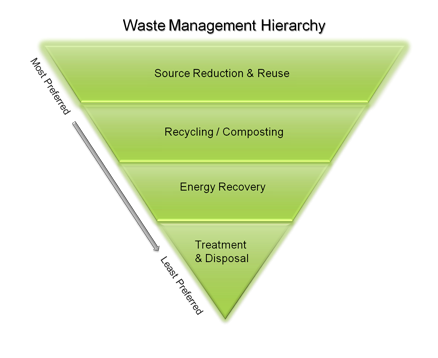
can cause potential harm to a community’s health and environment if not handled with precaution. Waste that falls under this category requires special disposal and cannot be disposed of like common household trash or recycling.
EPA
Antifreeze, also known as engine coolant in the Automotive Industry, is used to protect the engine from freeze damage if the temperature drops below the freezing point of the antifreeze/water mixture.
All automotive antifreeze and coolants are environmentally hazardous because of the blend of additives (around 5%), including lubricants, buffers and corrosion inhibitors. Even if the label says “Non-Toxic” or “Less-Toxic” they should be treated with caution and disposed of appropriately.
Why not just put it down the drain?
Disposing antifreeze down the drain or sewer makes it very difficult for the Waste Water Treatment Plant to remove the toxins. Thus, it can pollute our environment, especially our ground water supply which can contaminate our parks, drinking water, farms and more. When antifreeze is recycled it conserves resources and energy that would otherwise be expended in the production of more hazardous materials.
How should it be handled?
• Do not dispose of Antifreeze in the trash because liquid can leak in a trash truck.
• Collect and store used antifreeze in sealed and labeled, plastic or metal container, away from heat sources, children and pets. The original container is best.
• Clean up spills with an absorbent (kitty litter, shredded newspaper, vermiculite, rags, etc.), then bag waste materials and discard in the trash. Dilute the soiled area with water.
• Do not mix with oil.
Where can I recycle antifreeze?
BuRRT Fridays & Saturdays from 8:00 a.m. to 4:45 p.m.
Many oil change and car service centers will accept less than 5 gallons of antifreeze/coolant for little or no charge. So don’t stock up! Recycle your antifreeze/coolant at any of these take back centers:
What about my unused antifreeze?
Antifreeze does not expire or go bad. Donate it to a neighbor, a mechanic, or school auto shop.
What do I do with my empty container(s)?
Empty antifreeze containers cannot be recycled because of their toxic residue and should be thrown in the trash.

